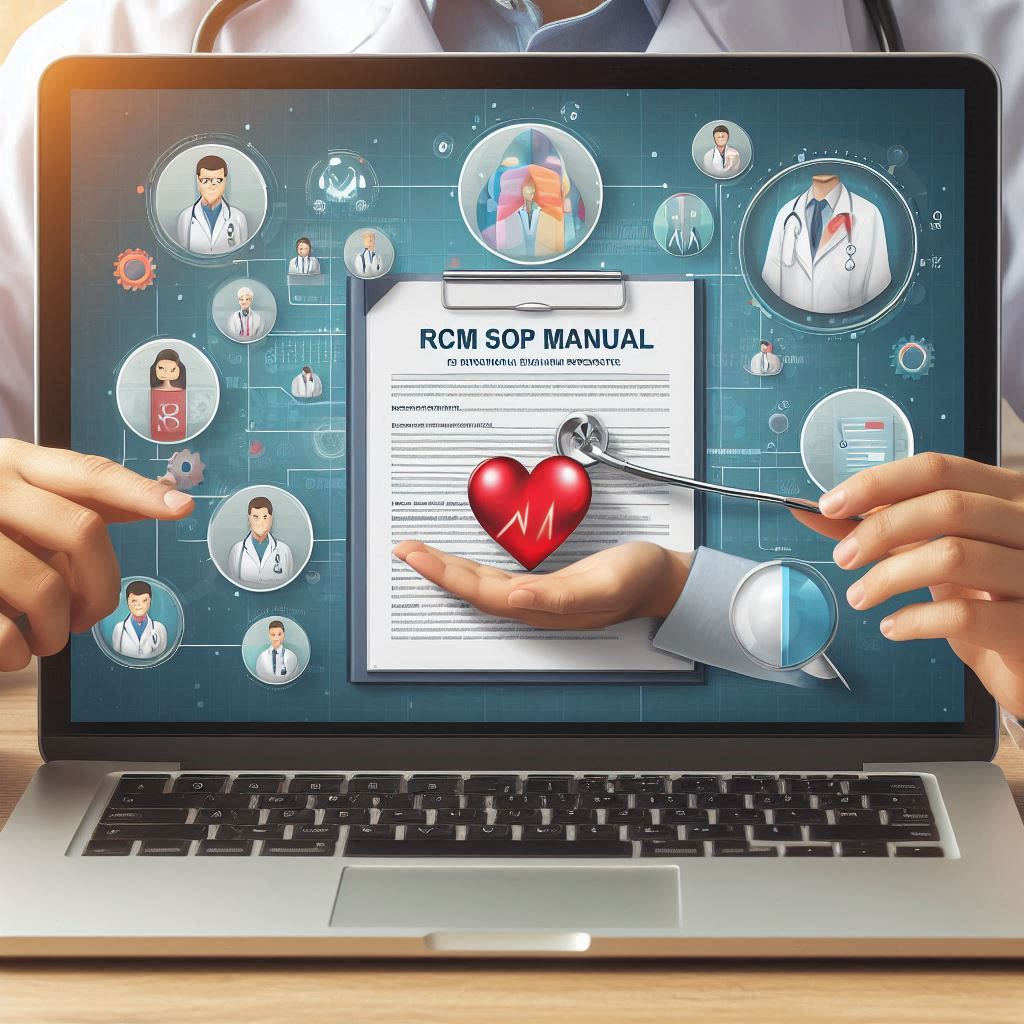-

Trauma-Informed Billing: A New Paradigm in PsychCare Collections
Understanding Trauma and Its Impact on Psychiatric Care Trauma is a widespread and deeply impactful phenomenon that profoundly affects individuals’ mental, emotional, and physical well-being. It is generally defined as the experience of an event, series of events, or set of circumstances that are physically or emotionally harmful or life-threatening, with lasting adverse effects on…
-

FQHCs and CMHCs: Special Billing Considerations in Behavioral Health
1. Introduction to FQHCs and CMHCs in Behavioral Health Federally Qualified Health Centers (FQHCs) and Community Mental Health Centers (CMHCs) serve as essential pillars within the behavioral health care ecosystem, particularly for populations who experience barriers to accessing traditional health services. FQHCs are federally funded community-based health care providers that offer comprehensive primary care and…
-

How Licensing and Scope-of-Practice Rules Affect Revenue Cycle Management (RCM)
1. Introduction: The Link Between Professional Licensure, Scope of Practice, and RCM Licensure and scope-of-practice laws play a foundational role in determining whether a healthcare provider’s services are legally billable—and therefore whether the organization can be paid for their work. While Revenue Cycle Management (RCM) is often associated with billing codes and reimbursement workflows, its…
-

Preparing for Audits: RCM Checklists for Behavioral Health Compliance
Introduction to Behavioral Health Compliance and RCM (Revenue Cycle Management) Behavioral health compliance involves adhering to a complex web of federal and state laws, payer policies, and clinical standards to ensure ethical and accurate care delivery. In tandem, Revenue Cycle Management (RCM) encompasses all financial processes tied to patient care—from intake and insurance verification through…
-

Managing No-Shows and Cancellations: RCM Implications in Mental Health
In the delicate ecosystem of mental health care, consistency and continuity are not just clinical imperatives—they’re also financial necessities. Every missed appointment, whether due to a no-show or a late cancellation, represents not only a disruption in care but a revenue gap that can jeopardize the sustainability of mental health practices. Revenue Cycle Management (RCM)…
-

Optimizing Patient Scheduling for Better RCM Efficiency in Psychiatry
In psychiatric practices, efficient patient scheduling is far more than just an administrative task—it is a cornerstone of successful Revenue Cycle Management (RCM). Psychiatry, with its complex, often recurring appointments, diverse service lines (therapy, medication management, group therapy), and sensitivity to no-shows and cancellations, is particularly susceptible to revenue leakage stemming from inefficient scheduling systems.…
-

The Impact of Staff Turnover on RCM Performance in PsychCare
Revenue Cycle Management (RCM) is the lifeline of financial sustainability in healthcare, especially within psychiatric care (PsychCare). It integrates patient registration, insurance verification, coding, billing, denial management, and reimbursement processes into a cohesive workflow. However, this system depends heavily on competent, consistent human resources. When staff turnover becomes a recurring issue, it erodes RCM efficiency,…
-

Creating an RCM SOP Manual for Behavioral Health Practices
In the ever-evolving world of behavioral health, efficiency, compliance, and financial sustainability are more than just buzzwords—they are pillars that support successful clinical outcomes and thriving practices. A well-crafted Revenue Cycle Management (RCM) Standard Operating Procedure (SOP) manual is one of the most crucial documents a behavioral health organization can possess. It serves as the…

Monday – Saturday 9AM – 5PM
Sunday – CLOSED





